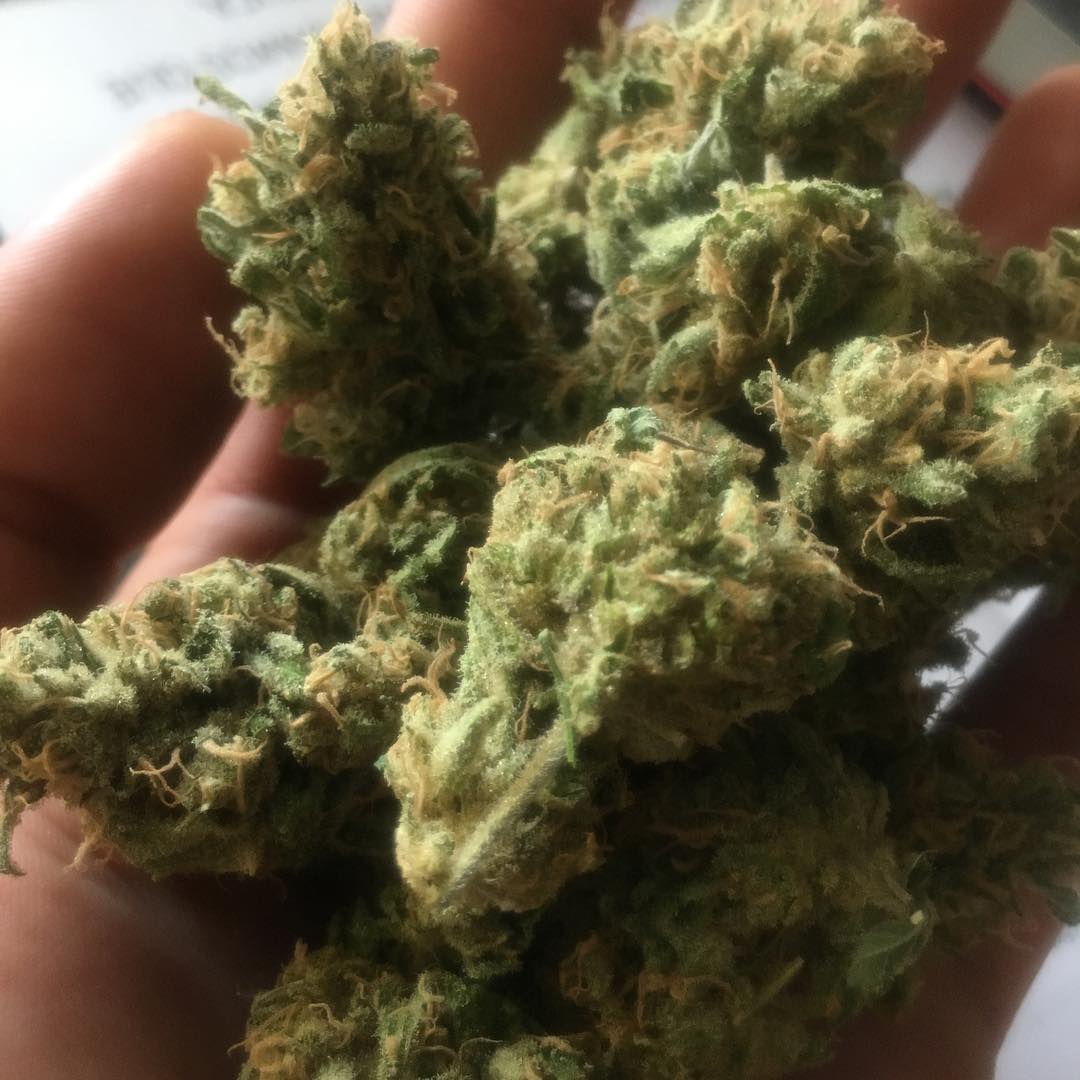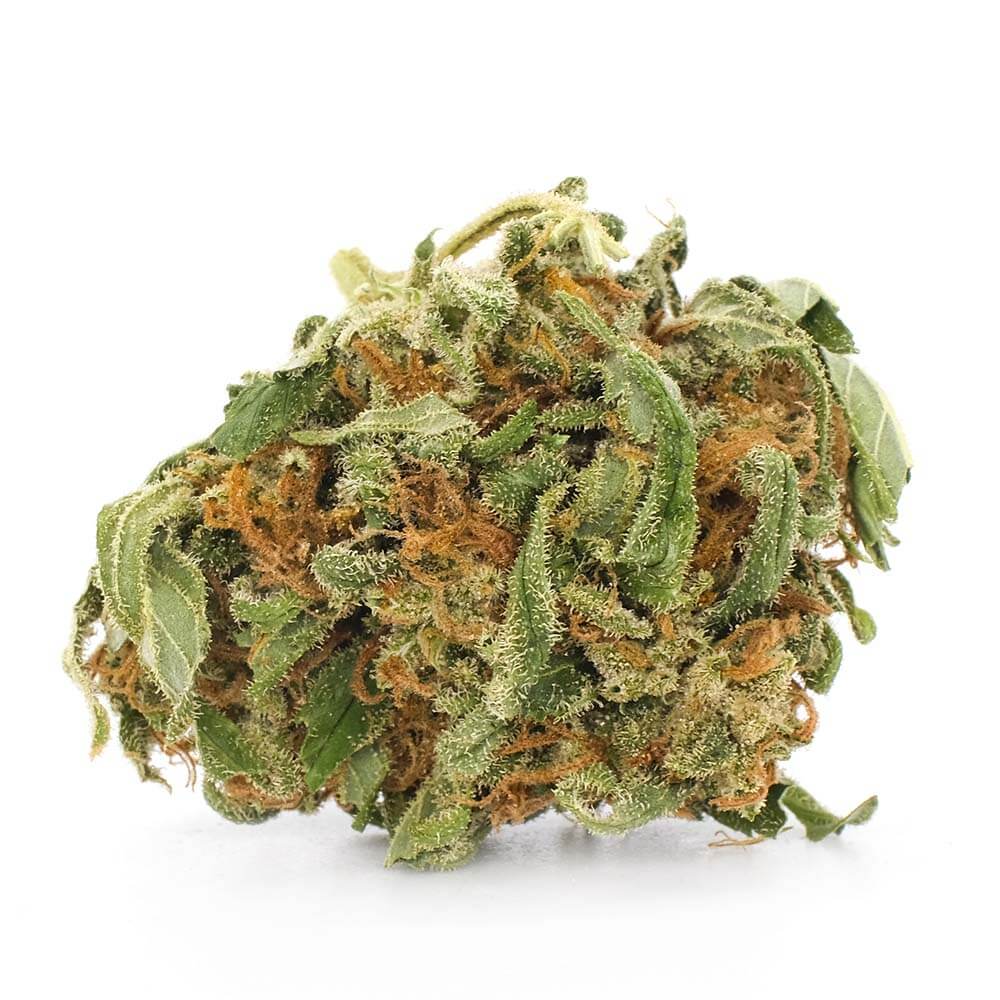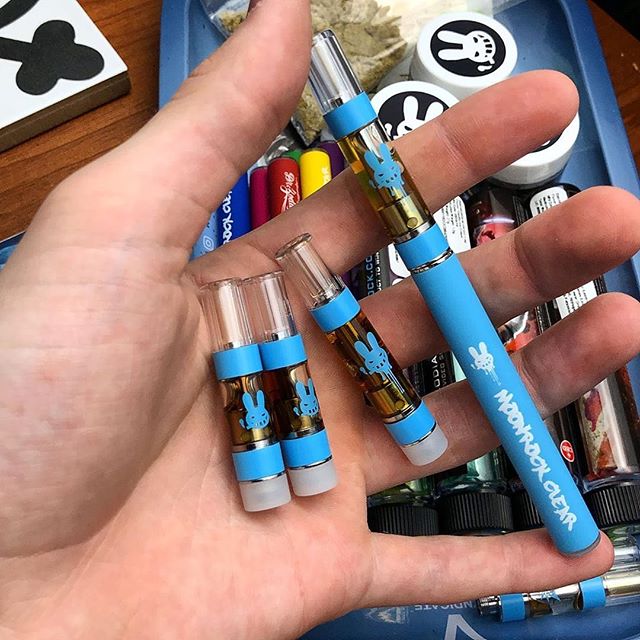Does CBD Help or Hinder Sleep?

Buy Cannabis online Queensland Buy vape pens online Buy weed online Italy Buy THC oil online Buy CBD oil online
HEALTHSTRAINS & PRODUCTShttps://stevemedsstore.com/heres-how-to-find-the-right-site-2/

(mspoint/iStock)
What most of us wouldn’t give for a good night’s sleep. Without it, we can’t function at peak emotional, physical, and mental levels, yet in today’s high-stress, plugged-in world, so many of us don’t get decent sleep.Cannabis online Queensland
Ailments like insomnia, sleep apnea, narcolepsy, and excessive daytime sleepiness cause consumers to turn to over-the-counter and prescription pharmaceuticals for relief, yet many of these medications have their own serious side effects and adverse risks.RELATED STORYWhich Cannabis Terpenes Soothe Insomnia & Where Can You Find Them?
For that reason, many consumers are exploring natural sleep aids like cannabis. We know THC-rich varieties can help people achieve sleep, but what about those sensitive to or afraid of its intoxicating effects?
Can cannabidiol (CBD), a non-intoxicating cannabis compound, also offer sleep benefits?
CBD and Sleep: What Does the Research Say?
As CBD has exploded onto the market, consumers are turning to the cannabinoid to treat many ailments, including insomnia. The insurgence of CBD has also prompted a sizable uptick in the number of preclinical and clinical studies looking at CBD’s value in treating a whole host of disorders. However, very few studies center on CBD and sleep.
In a recent Consumer Reports survey on CBD, 10% of respondents report using CBD as a sleep aid. The majority of them said it worked, but that evidence is anecdotal. Without controlled studies, it is difficult to tell whether CBD is truly acting alone to induce sleep. There are several complicating factors.
First, high-CBD strains often contain myrcene, a terpene that is said to be sedating. Although controlled studies on humans are lacking, myrcene’s sedative effects are well established in the animal literature, and for centuries, herbalists have been using hops as a human sleep aid. As it turns out, hops have high myrcene levels.RELATED STORYWhat Is Myrcene and What Does This Cannabis Terpene Do?
Therefore, if a person uses a high-CBD strain and says it helps them sleep, it is hard to tell whether CBD, myrcene or the two working in combination is the active agent. However, it’s worth noting that most people aren’t smoking or vaporizing myrcene-rich CBD flowers for sleep. Rather, most are using a CBD concentrate that contains little to no myrcene whatsoever.
Very few researchers have looked at isolated CBD as a sleep aid. Instead, researchers have looked at CBD in conjunction with other cannabinoids like THC. In a 2017 extensive literature review entitled Cannabis, Cannabinoids, and Sleep: a Review of the Literature, the research team found that CBD and THC were indeed the two cannabinoids most often cited as sleep-inducing aids.RELATED STORYFor Veterans With PTSD, Medical Marijuana Can Mean a Good Night’s Sleep
Multiple Cannabinoids Muddy the Waters
THC has a sedative effect and can reduce the time it takes to fall asleep. Some research shows that the entourage effect, or harmonized interaction between cannabis compounds like CBD and THC, seems to carry over to sleep.Sulak explained that CBD may just be reducing symptoms like anxiety, which allows the person to relax so that their natural sleep mechanism can take over.
However, THC does not put a person in a sleep state. Neither does CBD. Instead, THC is a sedative and has other properties helpful to sleep. For example, THC makes a person feel comfortable while remaining still, called catalepsy.Cannabis online Queensland Buy CBD oil online
Because CBD doesn’t alter consciousness in the same way that THC does, is it even possible that CBD can work alone as a sleep aid?RELATED STORYCBD vs. THC: Why Is CBD Non-Intoxicating?
Dr. Dustin Sulak, DO, is the founder of Integr8 Health, a Maine medical practice that uses medical cannabis as a treatment for a variety of ailments. Sulak explained that CBD may actually just be reducing symptoms like anxiety, which allows the person to relax so that their natural sleep mechanism can take over.Buy CBD oil online
To demonstrate Sulak’s point, here is one such published example, where a Colorado research team looked at outcomes of psychiatric patients who received CBD in a clinical setting to help with anxiety and sleep complaints. CBD was given as an adjunct to usual treatment. Within the first 30 days of CBD use, anxiety decreased in nearly 80% of patients and sleep scores improved by nearly 70%. CBD was well tolerated by the vast majority of patients.Cannabis online Queensland Buy CBD oil online
But was CBD directly responsible for this outcome? And, given that a fairly large group of people with insomnia also have depression and anxiety, what exactly is CBD working on? This is where the waters become even more muddied.RELATED STORYTry These Limonene Cannabis Strains for Anxiety, Depression, and Stress Relief
Sulak’s practice has over 8,000 patients, so he sees the connection between sleep and chronic disease every day. “Sleep is extremely important,” he said. “Almost all of our most prevalent chronic diseases require healthy sleep for the patient to get better.”Buy CBD oil online
Sulak said that if he can fix a patient’s sleep disturbance, it serves as a unifying treatment that can help multiple patient conditions like diabetes and chronic pain. While Sulak does treat sleep disorders, he very rarely does so with CBD in any form, whether pure CBD or a CBD-dominant cannabis strain.Buy weed online Italy Buy vape pens online
Instead, Sulak often uses THC with a sedating terpene profile. He achieves excellent results, even when using low doses.RELATED STORYMicrodosing With Cannabis: Benefits Without the Buzz
The Dosing Dilemma
Depending on who you ask, CBD has been reported as having either a stimulating or a calming effect, thus adding confusion to the overall equation. While there is very little published evidence regarding dosing, research to date indicates that at higher doses, CBD has a calming effect; yet at lower doses, CBD has a stimulating effect.Buy Cannabis online Queensland Buy vape pens online
In a 1977 animal study, the “hypnotic-like effects” of CBD were first studied. Since then, very few CBD dosing studies have been performed, but the evidence seems to indicate that the effectiveness of CBD depends on whether the person has a normal sleep rhythm or whether the person has a sleep disorder.RELATED STORYWe Asked a Scientist: What’s the Right Dose of CBD?
In a 2018 study on 27 healthy subjects, a high CBD dose (300 mg) qualifying as a clinically anxiolytic dose had no effect on the sleep-wake cycle. CBD was given 30 minutes prior to bedtime and sleep recordings were made for eight hours thereafter.Buy weed online Italy
In a similar study, very high CBD doses (600 mg) had a sedative effect, but in subjects with insomnia, much lower doses of 160 mg reduced sleep disruption and increased total sleep duration. Conversely, very low doses of 25 mg had no effect.Buy Cannabis online Queensland Buy vape pens online
CBD and REM sleep
CBD has been found to help with certain sleep anomalies that occur during rapid eye movement (REM) sleep. There are two types of sleep: non-rapid eye movement sleep (NREM) and rapid eye-movement (REM) sleep. NREM sleep progresses through a 90-minute cycle leading up to REM sleep, in which brain wave activity increases and dreaming occurs. REM sleep is also the time when previously learned is solidified into a memory.RELATED STORYCannabis and Dreams: Halting Long-Term Use Can Lead to One Strange Side Effect
In normal REM sleep, the limb muscles become temporarily paralyzed so that a person cannot act out dreams. In Parkinson’s disease as well as REM behavior disorder, people are able to flail and act out vivid and violent dreams. CBD at doses ranging from 75 to 300 mg was shown in a preliminary study to help these patients, and in an early case study, high-dose CBD helped a pediatric PTSD patient.
Low-dose CBD formulations seem to keep people awake and not alter the sleep cycle. However, this may one day prove beneficial for circadian rhythm disorders like excessive daytime sleepiness and narcolepsy because they may help people stay awake during daylight hours.Buy Cannabis online Queensland Buy vape pens online Buy THC oil online
Does Consumption Method Matter?
Researchers are just beginning to look at intake method as one of many factors that determine cannabinoid effectiveness in general. While a THC study on dosing and vaporization was performed in 2019, there doesn’t appear to be any studies specific to CBD and sleep yet.RELATED STORYThe Different Ways to Smoke and Consume Cannabis
In the THC study, low doses of THC were administered, and in subjects receiving a 200 mg dose, non-REM sleep time increased. This represents evidence as to why Sulak uses THC in his practice; Sulak explained that high doses of CBD can become cost prohibitive, so for now, THC is a more cost-effective treatment. Buy Cannabis online Queensland Buy THC oil online
So, Should You Be Using CBD for Sleep?
Every individual’s body is unique, and therefore the effect of CBD will be highly individualized. Sulak explained that he would be open to using CBD in his own practice if a patient had not responded well to THC. Some patients are extraordinarily sensitive to THC and have symptoms during the night or still feel impaired in the morning. Sulak said he would likely select CBD strains that contained high levels of myrcene (luckily, there are plenty of options).RELATED STORYWhich Terpenes Are Found in High-CBD Cannabis Strains?
Sulak said that CBD may offer benefit for people with sleep disturbances, and he feels it is important to move forward with pragmatically designed clinical trials, meaning a trial that does not provide every patient with the same exact treatment. Instead, an algorithm type approach would be used, starting with one treatment and moving to others if the previous ones are unsuccessful.Buy weed online Italy Buy THC oil online
Sulak also stated that Americans are desperately in need of education on understanding sleep hygiene and the critical importance of sleep for health and happiness. “Most people don’t know that sleep disturbances are associated with decreased analgesic effects of pain-relieving effects of opioids and antidepressant drugs, so it’s such a vicious cycle,” he said. “It’s wonderful to use cannabis to break that cycle,” Sulak said.RELATED STORYHow to Use Cannabis to Reduce Opioid Dependence
CBD Is Safe, Even at High Doses
Sulak said that he ensures his patients that CBD is extraordinarily safe, so if it is not effective at low to moderate doses of 10 to 50 mg, CBD is safe to try at higher doses of 100 to 200mg. In a 2018 study, single doses of 1,500 mg, 3,000 mg or 6,000 mg were administered to healthy subjects daily for six days. While the study was not aimed at researching CBD’s effects on sleep, it demonstrated that CBD is indeed safe.Buy weed online Italy Buy THC oil online
Despite the overall lack of CBD sleep studies, the National Academies of Sciences, Engineering and Medicine concluded in a 2017 report that moderate evidence exists for cannabinoids to improve short-term sleep outcomes in a variety of conditions. As more research is conducted, CBD may well benefit patients who have ailments like obstructive sleep apnea, fibromyalgia, chronic pain, and anxiety.



